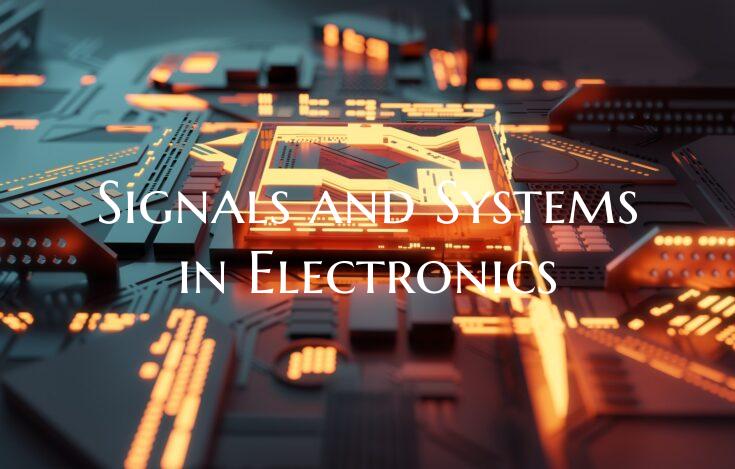Signals and Systems in Electronics
Signals and systems are fundamental concepts in electronics that play a crucial role in processing and transmitting information efficiently. A signal is a representation of a physical quantity that varies with time, such as voltage or current. Systems, on the other hand, process these signals by transforming input signals into output signals through mathematical operations or physical processes.
In the field of electronics, signals can be analog or digital. Analog signals are continuous-time signals that can take on any value within a certain range, while digital signals are discrete-time signals that can only take on specific values. Understanding the characteristics and properties of signals is essential for designing electronic systems that can effectively manipulate and transmit information.
Systems in electronics can be linear or nonlinear, time-invariant or time-varying, causal or non-causal. The behavior of a system is described by its input-output relationship, which can be analyzed using mathematical tools such as differential equations, Laplace transforms, and Fourier analysis. By studying signals and systems, engineers can design circuits, filters, communication systems, and control systems that meet specific requirements and performance criteria.
Overall, signals and systems are foundational concepts in electronics that form the basis for advancements in communication technology, signal processing, audio and video systems, and many other electronic applications. A solid understanding of signals and systems is essential for anyone working in the field of electronics to design innovative and efficient electronic systems.

